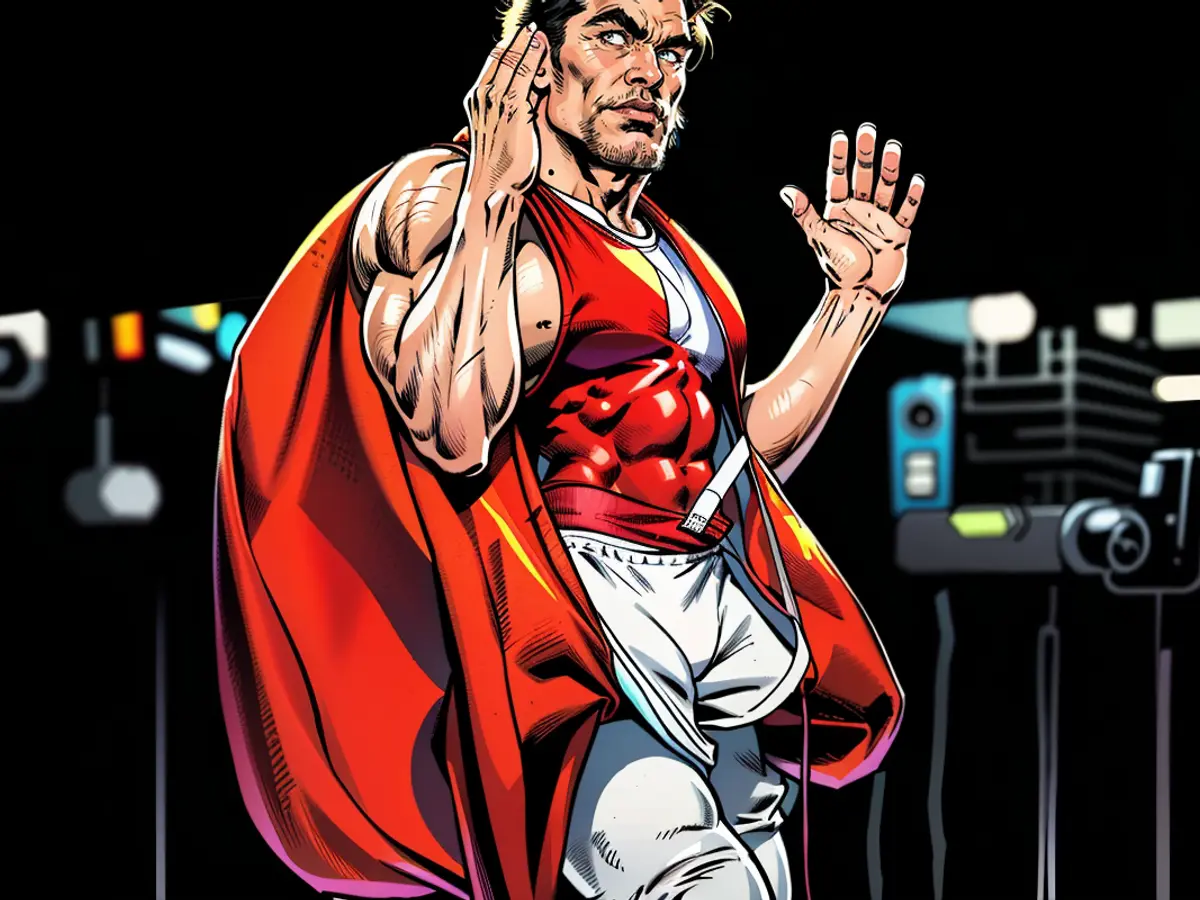Stage Production - Berlin pays tribute to East German musical theater "Messeschlager Gisela."
The Komische Oper Berlin of East Germany brought the East German operetta "Messeschlager Gisela" by Gerd Natschinski to life with a triumphant premiere. The stage was designed in a specially constructed circus tent at the Rotes Rathaus in the capital city. The solo singers, orchestra, and choir conducted by Adam Benzwi received standing ovations on Saturday evening.
Natschinski, a former student of Hanns Eisler, not only composed music for numerous film productions but also created many operettas, musicals, and musical comedies. "Spiegel" magazine dubbed him "DDR-Gershwin" in 1974, comparing him to the American composer. The melody for the well-known Pioneer Song "Lied der jungen Naturforscher" is also Natschinski's creation. The opera's lyrics by Jo Schulz focused on the everyday life of workers.
Admirable GDR Musical Theater
Much of the content appears kitschy and farcical from today's perspective. The entire story occurs in the Modeatelier VEB Berliner Schick. The factory manager, Mr. Kuckuck (Thorsten Merten), was previously a bookkeeper who produced large amounts of unbearable goods - even in the ideologically influenced 60s, a dig at capitalist Western consumption. The fashion show's top-selling item, carried by the factory's own secretary (Maria-Danaé Bansen), is then also from the worker Gisela (Gisa Flake), who is courted by the newspaper man Fred Funke (Nico Holonics).
Axel Ranisch, the director marked by the Komische Oper as a "confessed East Berliner," referred to it as "lighthearted musical theater of the GDR." This genre tried to distinguish itself from operettas that worshipped bourgeois social orders or American musicals.
Natschinski's staging cleverly employed clichés and thus avoided potential cringe-worthy moments. This dual humor led to an even more enjoyable experience, especially with a complex historical background.
In East Germany, "Messeschlager Gisela" was a huge success. After the premiere, there were quickly over two dozen other productions in theatres. In a post-Wall updated version, a business trip in the story is no longer to Paris, but to Prague.
Read also:
- The operetta "Messeschlager Gisela" is an example of the unique musical theater scene that flourished in East Germany, particularly in Berlin.
- The genre of comic opera and operetta in the GDR often aimed to distinguish itself from its Western counterparts, avoiding the worship of bourgeois social orders or American musicals.
- Besides his work in film, Gerd Natschinski, named "DDR-Gershwin" by "Spiegel" magazine, also composed several operettas, musicals, and comic operas in East Germany, including "Messeschlager Gisela."
- After the fall of the Berlin Wall, the popular East German opera "Messeschlager Gisela" was adapted with a business trip to Prague instead of Paris, reflecting the changing times in post-GDR Germany.








